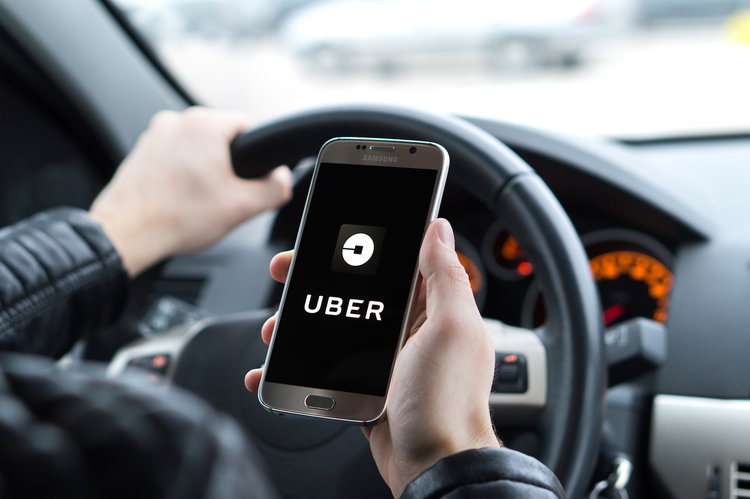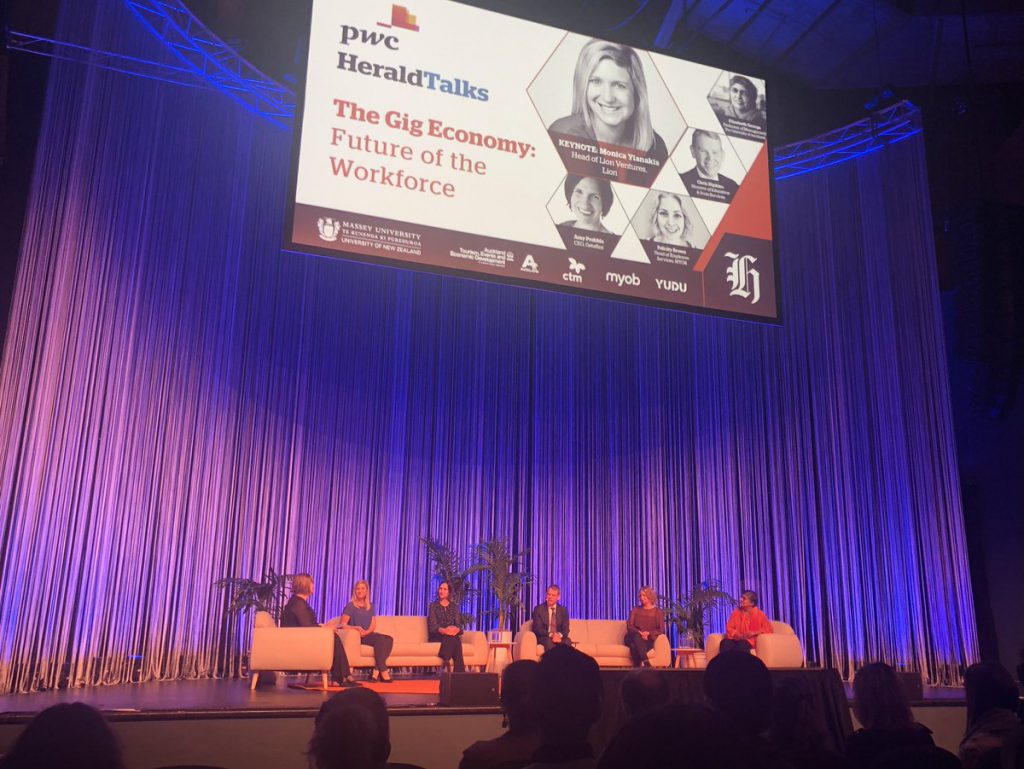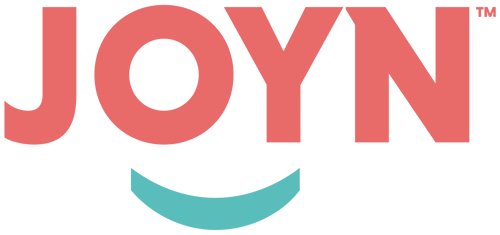
The Uber Driver’s Tale
JOYN is on a road trip to Sydney this week and my early morning Uber ride to the airport was with Adam, a pleasant, chatty guy from Palestine who had recently returned to New Zealand after spending some time in Melbourne and Western Australia.
Like many Uber drivers, Adam is skilled in another profession, but unlike many, he isn’t driving Uber because his qualifications aren’t recognised here, or he isn’t the right “cultural fit” to deploy his skills in the Kiwi workplace. Adam has a degree in Food Science from University of Otago and is a qualified chef. He worked as a chef in Christchurch for many years before heading out to the mines of WA for the money, but missed the mining boom, so switched to Melbourne, which was “too much of a rat race.”
Returning to Christchurch (too quiet and cold after Melbourne) he seems to have finally found his sweet spot in Auckland where he feels he has the best of both worlds – not as hectic as Melbourne but not as parochial as Christchurch. However, this time, he hasn’t returned to “chef-ing” but is enjoying Ubering instead.
 Why? Well according to Adam he clears $800/week as a chef working 50 hours but clears $1000/week driving via Uber 40 hours. On top of this simple financial imperative, he also enjoys the freedom and autonomy that gig working affords him.
Why? Well according to Adam he clears $800/week as a chef working 50 hours but clears $1000/week driving via Uber 40 hours. On top of this simple financial imperative, he also enjoys the freedom and autonomy that gig working affords him.
This conversation provided just one snapshot of the gig economy working for one individual but there are also numerous reports for those who feel exploited by it. The same could be said for some of our own JOYN Consultants. There are many working the hours that suit them and their lifestyle while making more money than they would in a more traditionally “employed” recruitment role. But like Uber there are (and I fear always will be) some who would like more hours, more work, more security or benefits than our business model can realistically provide right now.
What we have seen in JOYN is that you can really make the gig economy work for you, but you have to be smart, organised, get consistently positive ratings, and understand why they call it side-hustling, because the hustle is what it’s all about.
More Gig Economy Data Required
 More empirical data around the impact of the gig economy is badly needed for the more macro economic side of things. The most recent PWC Herald talks event focused on the gig economy and among lots of crystal ball gazing and story telling from the panel of speakers, I was particularly impressed by Prof. Elizabeth George who rightly claimed we desperately need more stats and data on the actual impact of gig working in order to adequately discuss it and create policies befitting this new world of work.
More empirical data around the impact of the gig economy is badly needed for the more macro economic side of things. The most recent PWC Herald talks event focused on the gig economy and among lots of crystal ball gazing and story telling from the panel of speakers, I was particularly impressed by Prof. Elizabeth George who rightly claimed we desperately need more stats and data on the actual impact of gig working in order to adequately discuss it and create policies befitting this new world of work.
The Education Minister Chris Hipkins was also on that panel and he admitted that New Zealand’s (along with the rest of the world’s) education system was grappling with how to adapt to developing our kids with the adequate skills and attitude to thrive in the years ahead. He came out with a fascinating quote (I can’t recall who he attributed it to so please let me know in the comments if you would be so kind):
“The illiterate of the 21st Century will be those that can’t learn, unlearn and relearn, rather than those that can’t read and write.”
As future workers in our economy will change careers with more frequency, perhaps combining them simultaneously through gig working, then learning has to be regarded as a lifelong pursuit now. Learning won’t end after school or University, education will have to be ongoing and less formalised from now on.
Impact of Job Automation
Back to Adam, my Uber driver, and as we approached the airport there loomed from the darkness a gigantic billboard heralding Spark’s development of driverless car technology, a project they’re engaged with in order to promote their upcoming 5G wireless network. A picture of the car (clearly inspired by the Star Wars Mouse Droids, if you ask me) must taunt and scare thousands of Uber drivers every week.
 Adam was more philosophical. When he said that he truly believed Uber would replace him with driverless technology in 5 years’ time, I told him that at least he was skilled in another profession already, so could maybe avoid having to “unlearn and relearn” in future. With a rueful smile he said “unless they’ve developed 3-D chefs by then too”.
Adam was more philosophical. When he said that he truly believed Uber would replace him with driverless technology in 5 years’ time, I told him that at least he was skilled in another profession already, so could maybe avoid having to “unlearn and relearn” in future. With a rueful smile he said “unless they’ve developed 3-D chefs by then too”.
He has a point, although any industry where specialised and creative input is required is surely more resistant to automation than others. For the sake of JOYN and our community of specialised, creative, networked and human recruiters, I certainly believe that to be the case.
JOYN combines human expertise with technological smarts to enable businesses to make better hires at less than half the cost.
